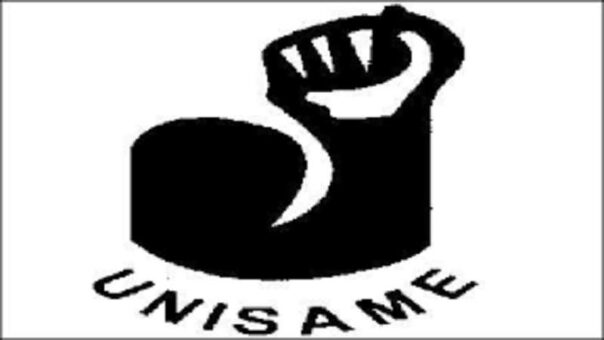In a bid to foster fair trade practices and remove existing disparities in raw material clearance, the Union of Small and Medium Enterprises (UNISAME) has directed a fervent appeal towards the commerce ministry. The plea emphasizes the urgent need to rectify an anomaly that discriminates against commercial importers in comparison to their industrial counterparts.
At the forefront of this advocacy is President Zulfikar Thaver, who has articulated the concerns of commercial importers facing a significant disadvantage in the current tariff structure. Thaver elucidated that while industrial license holders enjoy preferential treatment in the form of lower import custom tariffs for raw materials, commercial importers face a disproportionate tariff burden ranging from 6 to 9 percent higher. This discrepancy has led to the proliferation of illegitimate industrial entities exploiting the tariff gap, thereby undermining the integrity of the import system.
Highlighting the adverse impact of this anomaly, Thaver lamented the plight of bonafide commercial importers who find themselves sidelined due to inflated import costs. He underscored the importance of recognizing the fundamental equivalence of raw materials irrespective of the importer’s classification, advocating for a level playing field that acknowledges the pivotal role of commercial importers in facilitating uninterrupted access to raw materials for various industries.
Central to UNISAME’s proposition is the reallocation of import opportunities from bulk industrial imports to commercial importers, thereby optimizing resource utilization and fostering economic efficiency. Thaver emphasized the potential of commercial importers to efficiently manage bulk imports and distribute raw materials among numerous industries, thereby unlocking synergistic benefits and promoting equitable economic growth.
Drawing parallels with the economic trajectories of thriving nations like China, Japan, Singapore, and Taiwan, UNISAME experts underscored the pivotal role played by commercial importers and exporters in sustaining industrial development. These nations have historically embraced a policy framework that affords commercial importers and exporters a level playing field alongside manufacturers, recognizing their indispensable contributions in ensuring seamless access to raw materials and fostering a conducive environment for industrial expansion.
UNISAME’s impassioned plea resonates with the broader objective of fostering inclusive economic growth and promoting a fair and transparent trade ecosystem. By addressing the systemic disparities in raw material clearance, policymakers have the opportunity to unleash the full potential of commercial importers, catalyzing a virtuous cycle of economic development and industrial prosperity.
As stakeholders await the commerce ministry’s response to UNISAME’s advocacy, the urgency of rectifying this anomaly looms large, underscoring the imperative of aligning trade policies with the principles of equity, fairness, and inclusivity. Only through concerted efforts to promote a level playing field for all stakeholders can nations aspire to realize their full economic potential and foster sustainable development in the global marketplace.
